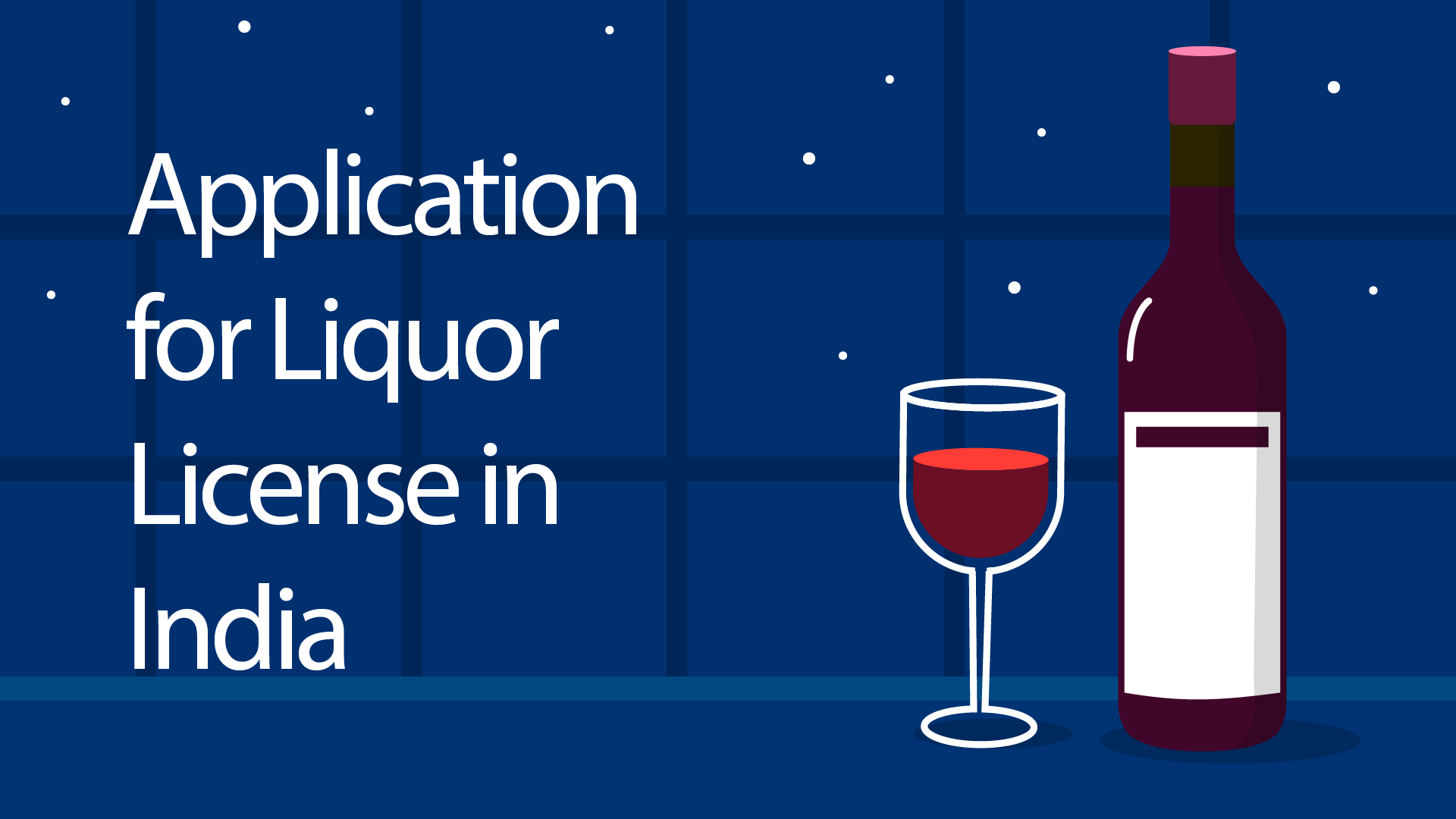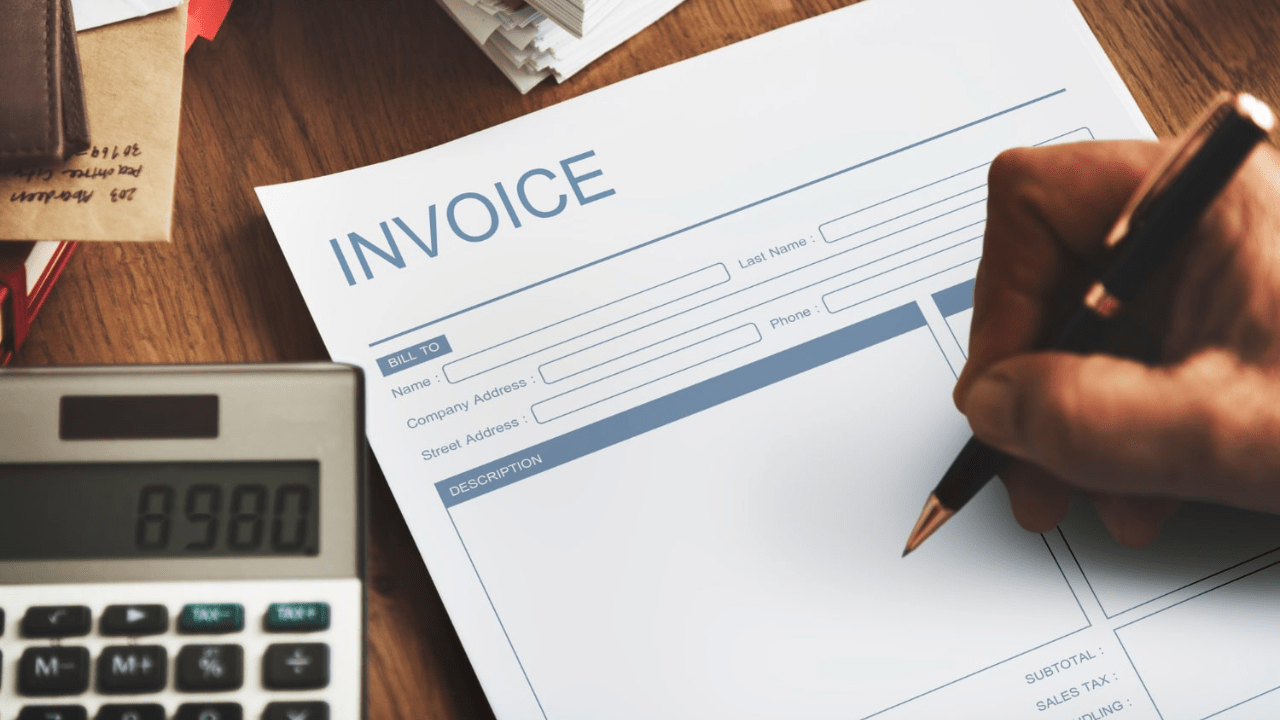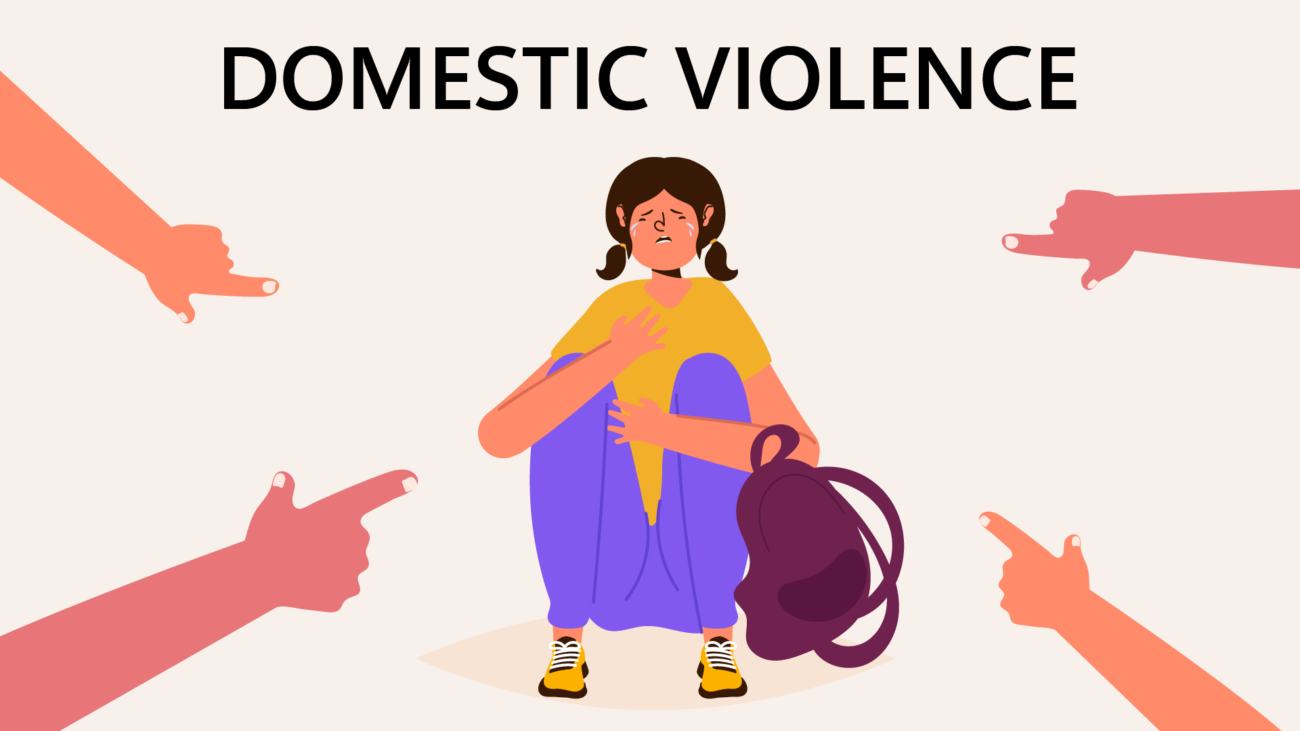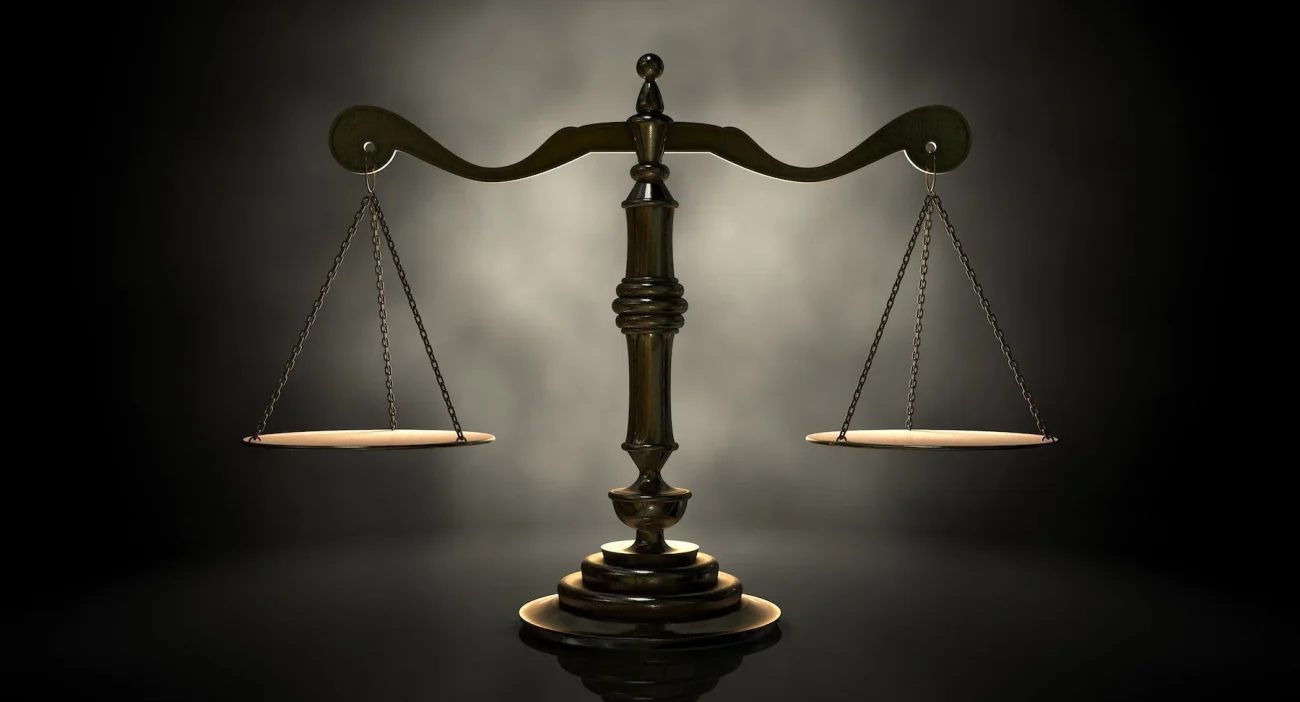This article is written by Vanshika Jaiswal from Galgotias University, Noida. The article gives an outline about the guide for liquor licence. This article also talks about the procedure and documents required for applying for an application required for getting a liquor licence.
In India, selling alcoholic beverages is one of the most lucrative hotel businesses. Due to the low labour costs and high demand, it can help increase the profit margin. However, obtaining a liquor licence in India involves numerous requirements, documents, complexities, and procedures. In addition, state governments are required to monitor the sale and consumption of alcohol, as each state has its own set of laws and regulations governing alcoholic beverages.
A Liquor License granted by a state’s excise department permits licensed individuals to produce, transport, and sell alcoholic beverages within the state’s borders. Every business that sells alcoholic beverages, from liquor stores to restaurants, must submit an online or in-person application for a liquor licence. Even the online sale of alcohol in India requires a liquor licence.
According to the Constitution’s Seventh Schedule, the sale, distribution, and production of alcoholic beverages fall under the state list. Consequently, state governments have total control over the alcohol-related laws and regulations enforced within their respective jurisdictions.
Legally, a Liquor License is an authorization granted by the State Excise Department to those who wish to sell or distribute alcoholic beverages or drinks in a specific location. Every state has its own set of rules and regulations regarding the sale of alcoholic beverages, which must be followed by anyone who wishes to sell beer, hard drinks, etc. Types of Alcoholic Beverage License In some states, a specific type of Liquor License application is required. Obtaining a liquor licence is contingent on the type of liquor and the type of business.
Different types of liquor licences that are available in India.
The following is a list of the different types of liquor licences that are available in India.
-
Beer and Wine Alcoholic Beverage License
This type of Liquor License is obtained by restaurants and bars that want to sell soft liquors such as beer and wine. After this, the owners are ineligible to sell alcoholic beverages.
-
Restaurant Liquor License
This type of Liquor License is available to any restaurant that intends to serve alcohol on the premises. However, it is important to note that the proportion of regions dealing with alcohol must be capped at forty percent.
-
Tavern Liquor License
This type of licence is required for that business, which offers food but derives fifty percent of its income from the sale of alcohol.
-
Brewpub Liquor License
Those who produce their own wine and beer are required to obtain a licence of this type. Consequently, different states have different regulations regarding the sale and production of alcoholic beverages.
The predominant laws and rules that regulate the sale and consumption of alcohol in India are as follows:
- Article 47 of the Constitution
- Licencing Act, 2003
- Delhi Excise Act, 2009 and Excise Rules, 2010
- Punjab Excise Act,1914
- Uttar Pradesh Excise Act,1910
- Bengal Excise Act of 1909
- Goa Excise Duty Act, 1964
- Bombay Prohibition Act of 1949
- Karnataka Excise Act, 1965
- Tamil Nadu Liquor Rules, 1981
Keep in mind that engaging in a liquor business without a Liquor License can lead to major legal troubles and heavy fines. Hence, it is always best to stay on the right side of the law. Get in touch with our team to know more about how to lawfully commence and operate a liquor business.
Objective of Liquor License
Businesses involved in selling alcoholic beverages When alcohol may be sold Where alcohol may be sold The amount of alcoholic beverages sold In which container is alcoholic beverage sold? Alcohol is billed at cost Alcoholic beverage to be served Who can buy alcoholic beverages Alcohol manufacturing and distribution The Need for Alcohol Permit Essentially, a liquor licence is a permit to sell alcoholic beverages and alcohol. A Liquor License is required for anyone who wishes to start a business involving the manufacture, sale, or distribution of alcohol and alcoholic beverages. Included among the businesses eligible to apply for a liquor licence are restaurants, private clubs, hotel bars, and other entities.
Procedure for Applying for a Liquor License
- Each state has its own set of regulations governing the purchase, sale, and consumption of alcohol. Before applying for a liquor licence, one must have a thorough understanding of the state’s liquor laws.
- The State Excise Department establishes alcohol laws. Anyone interested in obtaining a liquor licence can inquire about the process on the State Excise Department’s website, by visiting the authority responsible for issuing licences in person, or by visiting nearby stores.
- Before engaging in the purchase, sale, or consumption of alcoholic beverages, one must obtain a liquor licence. In addition, it is important to note that obtaining a liquor licence is a time-consuming process. Therefore, planning is required for obtaining a liquor licence.
- The cost of a liquor licence varies from state to state due to the fact that state laws regarding this matter vary. In addition, the website of the State Excise Department makes it simple to learn about the cost of a liquor licence and any other relevant information.
- The applicant must submit an application form with all required information. Additionally, he must submit the same application form and the application fee to the appropriate authority.
- The applicant must provide all pertinent information, including the type of liquor licence sought. Details include whether the individual intends to sell alcohol on or off the premises and the type of alcoholic beverages he intends to serve, such as beer, wine, hard drinks, or all three.
- The documents required to accompany the application form vary from licence to licence. The most common documents that must be submitted, however, include proof of applicant’s identity and residence, proof of premise’s address, a certificate of incorporation, a certificate of no objection from the fire department and municipal corporation, a copy of the most recent income tax return, and a code compliance certificate.
- Applicants are required to provide their background information on the application form. Included in the background information are the individual’s age, absence of a criminal record, and business experience. In addition, the applicant must include supporting documentation for the information provided.
- After submitting the application form, the authorities will verify and cross-check the submitted credentials and may request additional information if necessary.
- After verification, the relevant state authority will post a notice at the proposed location of the applicant’s business declaring the applicant’s name, the type of licence, etc. It is important to note that the proposed location of the applicant should not be near any temple, school, hospital, or public park.
- The relevant department will be notified if objections are raised by the local populace within the allotted time frame after the public notice has been posted. It is important to note that the applicant has the right to present a defence. If no objections are received, the authority will review the application.
Validity of the Liquor License
The annual renewal of a liquor licence necessitates payment of the renewal fee each time. To renew a driver’s licence, an applicant must submit an application within thirty days of the expiration date and pay the renewal fee.
The application must be accompanied by a copy of the Challan, proof of payment of the application fee of twenty-five rupees, and the liquor licence renewal fee as determined by the State Government from time to time. The revocation of a liquor licence The State Excise Authorities will revoke the liquor licence if any of the following conditions are met: Alcohol served during Dry Days Alcohol served to minors in violation of the state excise department’s rules and regulations.
What Does the Liquor Licence Regulate?
While granting a Liquor License, the excise department seeks to regulate the following activities within a state:
- Businesses permitted to sell and promote alcoholic beverages
- When and where businesses may sell alcoholic beverages
- Quantity of alcoholic beverages that can be sold at once.
- The tax imposed on the sale of alcoholic beverages
- Who may purchase alcoholic beverages Businesses authorised to manufacture, transport, distribute, and possess alcoholic beverages.
How Can People Apply for a Liquor Licence in India?
- Due to the fact that each state has distinct liquor laws, you must consult an expert before proceeding to avoid future legal complications. Nonetheless, here is an overview of the general steps required to obtain a liquor licence in India.
- Visit the official website of the state excise department to gain an understanding of the procedure. You can also visit their office to gain a better understanding of what is expected.
- Once you have an understanding of the process, determine the type of licence you require.
- Next, gather the necessary documents to initiate the application procedure.
- Download the application form for the type of licence you desire from the website of the state’s excise department.
- Fill out the form with the necessary information and attach supporting documents where applicable.
- You must include information about your place of business, your personal information, and the types of alcoholic beverages you intend to sell.
- Submit the completed form to the appropriate authority and pay the application fee.
- The authority will then verify all provided information. They may also visit your place of business to ensure everything is in order. If they discover an error, they may request additional supporting documents, which you must provide. Once the verification process is complete, they will post a notice on your business property regarding your request for a liquor licence.
- This is to inform the community of your new business. If they wish to raise objections, they may do so within a given time frame, and you will then be required to explain why your business will not be an impediment to them.
- If no one successfully objects, the authority will grant you a liquor licence and you can commence operations.
Cost of a Liquor Licence Within India
Because liquor laws vary from state to state, the cost of obtaining a licence varies based on where your business is located. In addition, the cost of acquiring a licence is contingent upon the type of licence you seek, as well as the size and nature of your business. Following is a breakdown of the average cost of an alcohol licence in India:
- Temporary Licence – To serve alcohol at a party or event in a city with fewer than 20 million inhabitants, you must pay either: 7,000 if you wish to serve alcohol to fewer than 100 individuals or 10,000 if you wish to serve alcohol to more than 100 individuals.
- Offering Alcohol in Rooms – To serve alcoholic beverages in a restaurant, you must either: 5,000,000 for hotel room service or 1,500,000 for serving in a bar or restaurant
- State Liquor License – Ranging from 5,000 to 15,000
Documents Required for Obtaining a Liquor Licence
- Identity and address verification documents
- Address verification of the business location NOC from the state fire department NOC from the local municipality
- MoA and AoA of companies application form duly completed, if applicable latest ITR copy
- Passport-sized photograph of the applicant Affidavit stating there are no criminal records in the applicant’s name Affidavit stating there are no outstanding debts in the applicant’s name










